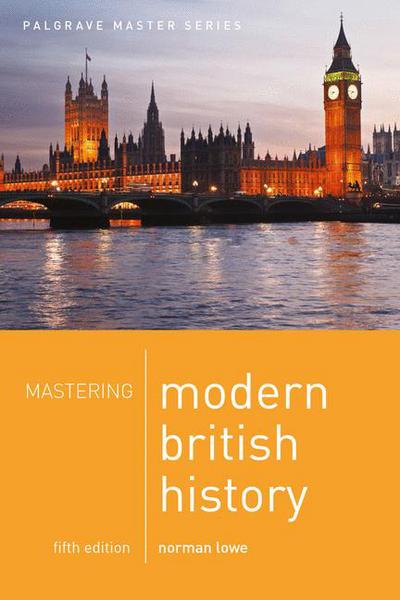


Are you sure you want to reset the form?
Your mail has been sent successfully
Are you sure you want to remove the alert?
Your session is about to expire! You will be signed out in
Do you wish to stay signed in?
Crisis in Northern Ireland
Study this extract from a journalist’s eye-witness account of ‘Bloody Sunday’ in Londonderry, 30 January 1972, and then answer the questions that follow.
| The trouble began when a big civil rights procession organized by the Civil Rights Association, defying the Northern Ireland government’s ban on marches, approached a barbed-wire barricade in William Street. The procession, estimated at 7,000 to 10,000 strong, had intended to march to the Guildhall to hold a protest meeting against the continuation of internment. Some of the younger members, despite appeals from stewards, began to throw bottles, stones and bricks at the British troops. As the missiles became heavier, a water cannon filled with purple dye was sprayed on the demonstrators.... they continued pelting the troops who replied with rubber bullets; the demonstrators lobbed canisters of CS gas among the troops. A few minutes later men of the Parachute Regiment leapt over the barricades and chased the demonstrators. As stated, 13 civilians were killed and 16 wounded. The army insisted that fire had been opened on snipers only after the troops themselves had first been fired on. Demonstrators and relatives of those killed strongly denied this, declaring that those taking part in the march had been completely unarmed. Source: Keesing’s Contemporary Archives, January 1972. |
